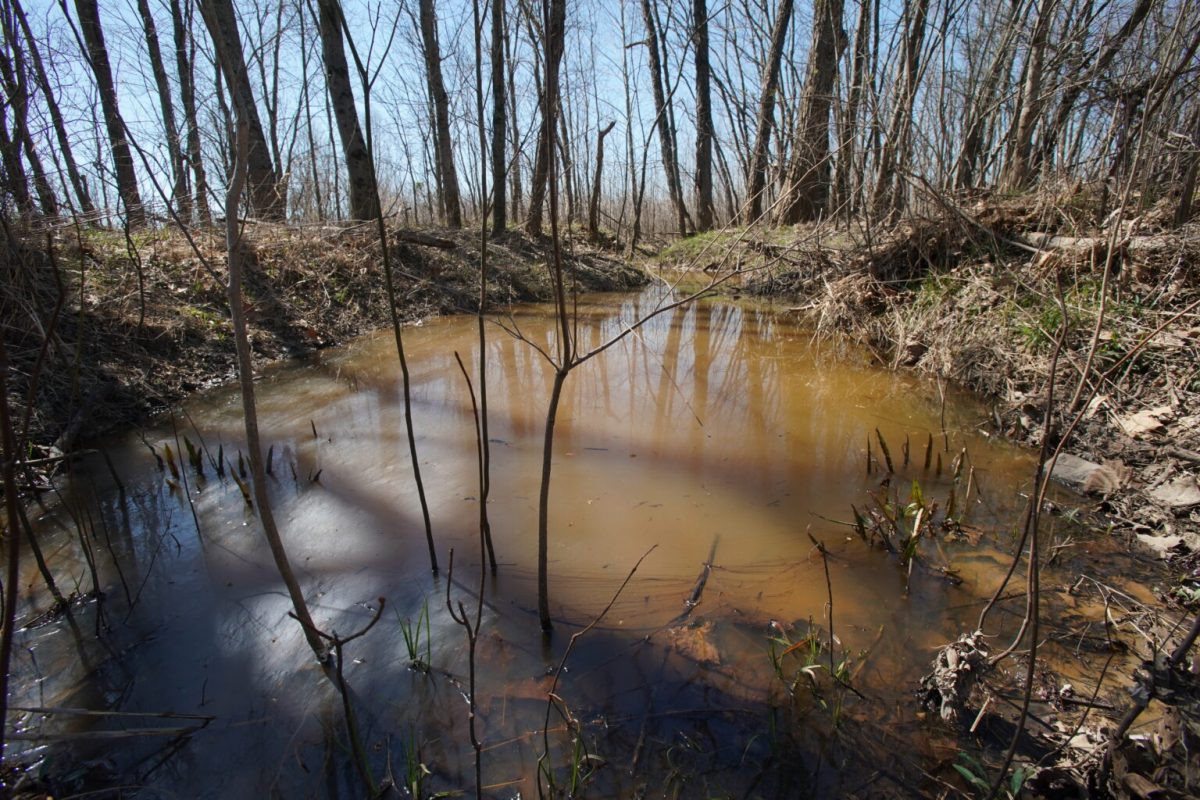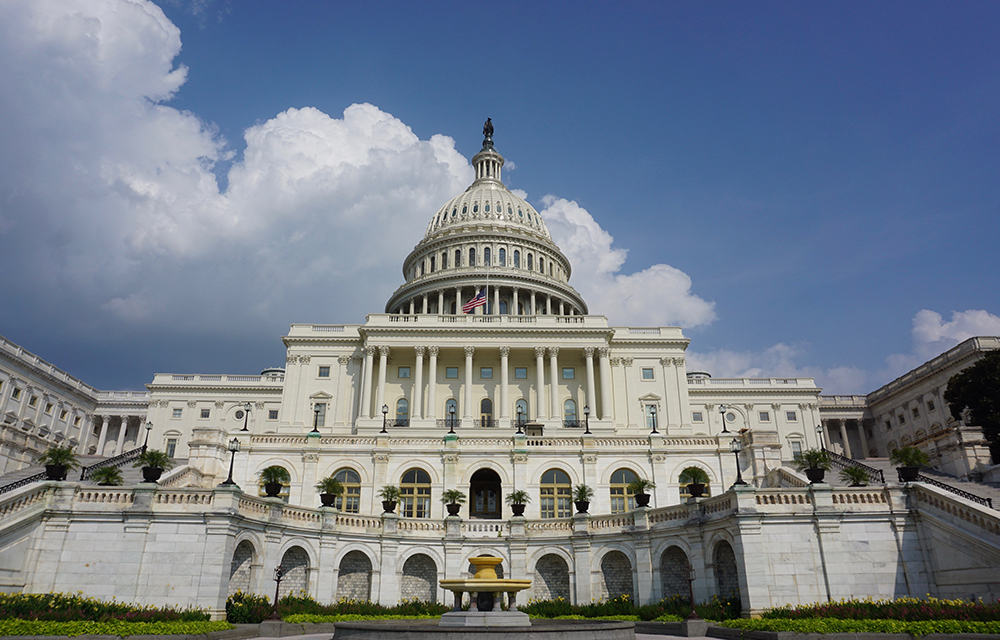Memphis residents and elected officials gathered to voice their opinions on xAI during last Friday’s public hearing hosted by the Shelby County Health Department (SCHD). The hearing, held at Fairley High School, was to discuss xAI’s gas turbine permit.
In early April, the Shelby County Board of Commissioners passed a resolution for the department to host a public hearing prior to the approval or denial of the permit submitted by CTC Property LLC, an affiliate of xAI.
The permit is for the 15 permanent turbines for the South Memphis facility, which has drawn criticism from environmental groups and citizens alike. An April 9th letter from the Southern Environmental Law Center (SELC) to Michelle Taylor, director and health officer for the Shelby County Health Department, said the organization obtained aerial images in March that showed xAI had 35 gas turbines.
“Our analysis shows these turbines together have a power generating capacity of 421 megawatts — comparable to an entire TVA [Tennessee Valley Authority] power plant — all constructed and operating unlawfully without any air permit in Southwest Memphis, a community that is profoundly overburdened with industrial pollution,” SELC said. The turbines have been linked to emitting an estimated 16.7 tons of formaldehyde.
Prior to the hearing, Representative Justin J. Pearson held a press conference urging citizens to be “fired up against the richest man in the room. … This is how we change the course of history,” he said. “This is how we fight those who say we don’t have power. We show up as Black folk and white folk, as folks from South Memphis and North Memphis, and East Memphis, Downtown, and Midtown, saying what is happening to those in 38109 is happening to all of us.”
Aside from environmental and community activists, representatives of the Greater Memphis Chamber were present at last Friday’s meeting. The officials had hosted a webinar days before to address concerns about transparency, water usage, and the turbines.
SCHD’s Taylor told Friday’s audience the purpose of the hearing was to record and hear concerns and comments about the air permit. “What we’re seeking to do today, in addition to getting your comments, is educate the public on the environmental impacts to our communities and encourage all of our elected officials to involve the public in decision making every single time,” Taylor said. “Our community deserves to be educated from a place of truth.”
Prior to opening the comment period, xAI representative Brent Mayo gave a statement but could not be heard over the audience’s booing. “We don’t want you here!” an audience member said.
Commenters, such as KeShaun Pearson, executive director of Memphis Community Against Pollution, criticized officials for not doing enough to protect citizens and praised SELC for their work in providing information.
“It’s time we tell the truth about what political abandonment looks like,” Pearson said. “The truth is there is no support coming from our public institutions who are here to protect us.”
Kelsey Huse, a master’s student studying city planning at the University of Memphis, noted she’d been told she shouldn’t care about pollution in South Memphis but rather crime.
“I’m here to tell you how caring about air pollution is caring about crime,” Huse said. “There are many reasons to be against these turbines, but on the subject of air quality it cannot be disconnected from crime.” Huse cited a study from the University of California-Davis that found wind direction could affect irritability and potentially lead to “poor decision-making.”
Glenda Hicks noted South Memphis communities like Boxtown have consistently been disenfranchised. “We care about lives,” Hicks said. “I care about my people, and if you, the representatives, care about the people of Memphis, do the right thing: Deny this permit. Elon Musk — we do not want him in Memphis.”









 Corey Owens/Greater Memphis Chamber
Corey Owens/Greater Memphis Chamber  byhaliaconnection.com
byhaliaconnection.com  Southern Environmental Law Center
Southern Environmental Law Center